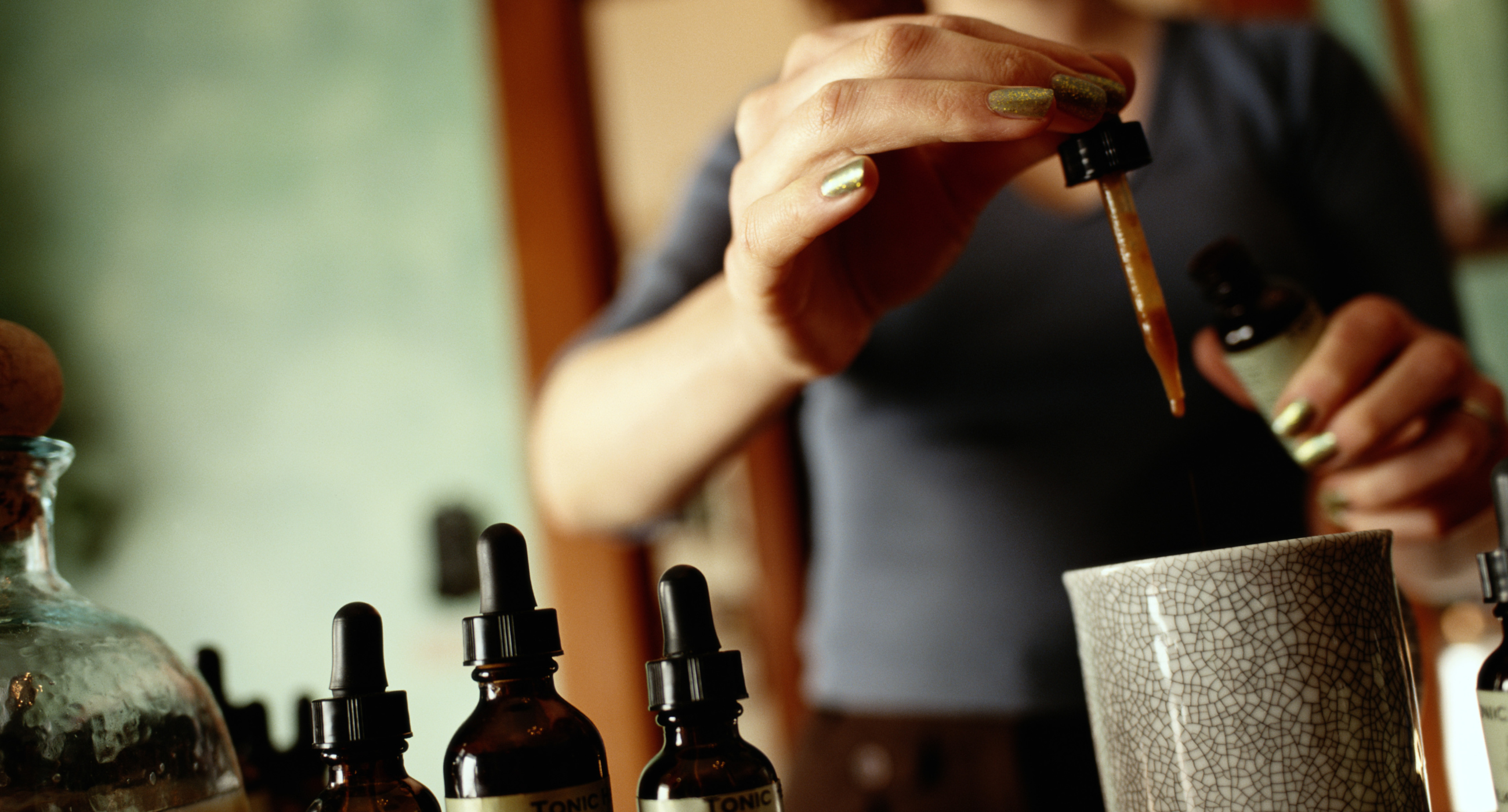
What is a tincture?
Learn about how tinctures are made, and why they are beneficial
Before we dive in, let's address a concern many have with using most tinctures: the presence of alcohol. Some do not want to consume alcohol due to personal preference, beliefs, or moral principals. Or -to be honest- because of the taste! There is an easy way to remove the alcohol from any tincture! Simply pour a small amount of boiling water over the tincture dose and allow the alcohol to evaporate. This effectively removes the alcohol, leaving just the herbal components! We recommend mixing tinctures containing alcohol with a small amount of water or juice to make it more palatable.
What is a tincture?
A tincture is a concentrated liquid herbal extract made by soaking herbs in a solvent, typically alcohol, or sometimes glycerin or vinegar. This process extracts the active ingredients from the herbs, preserving their medicinal properties in a potent and easy-to-use form. Here’s a detailed look at tinctures:
Preparation of Tinctures
- Herbs: Fresh or dried herbs are used, depending on the desired potency and availability.
- Solvent:
- Alcohol: Ethanol (usually 40-75% alcohol) is the most common solvent due to its effectiveness in extracting and preserving the active compounds.
- Glycerin: Used for alcohol-free tinctures, suitable for children or those sensitive to alcohol. However, glycerin is less effective than alcohol at extracting certain compounds.
- Vinegar: Another alternative to alcohol, often used for its additional health benefits.
Making a Tincture
- Chopping the Herbs: The herbs are finely chopped or ground to increase the surface area for extraction. Herbs can be fresh or dried.
- Soaking: The herbs are placed in a jar and covered with the chosen solvent. The jar is sealed and stored in a cool, dark place for several weeks (typically 2-8 weeks), with occasional shaking to help the extraction process.
- Straining: After the extraction period, the mixture is strained through a fine mesh or cheesecloth to separate the liquid (tincture) from the plant material.
- Bottling: The resulting tincture is poured into dark glass bottles to protect it from light and degradation.
Uses of Tinctures
- Medicinal Purposes: Tinctures are used for their therapeutic benefits, depending on the herbs used. They can be taken orally, added to water or tea, or applied topically.
- Convenience: They are easy to store, have a long shelf life (typically several years), and are portable, making them convenient for daily use or travel.
- Dosage: Tinctures are usually taken in small doses, often measured in drops or milliliters, depending on the concentration and the specific needs of the individual.
